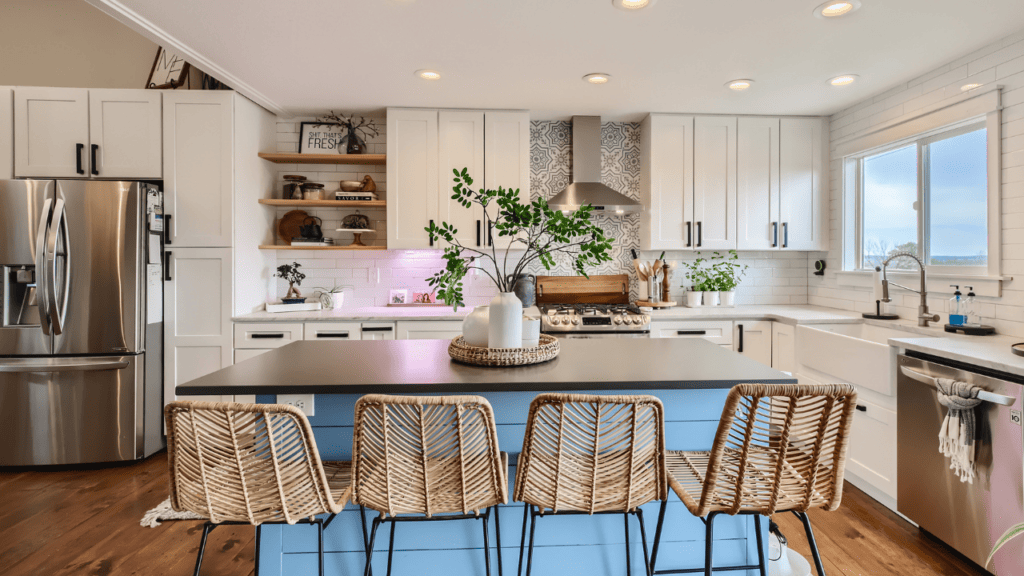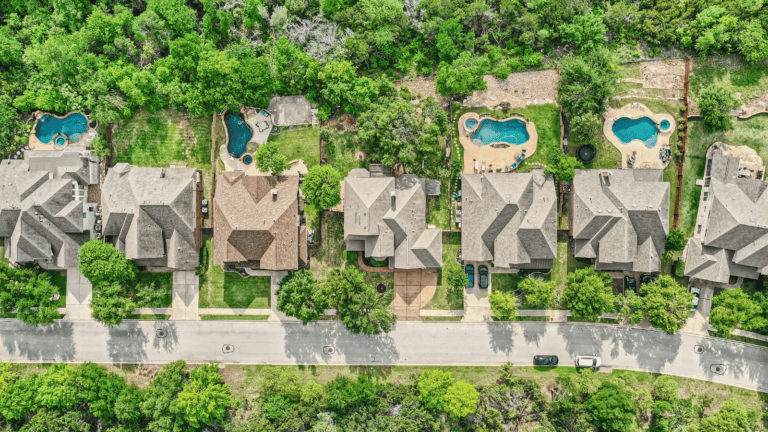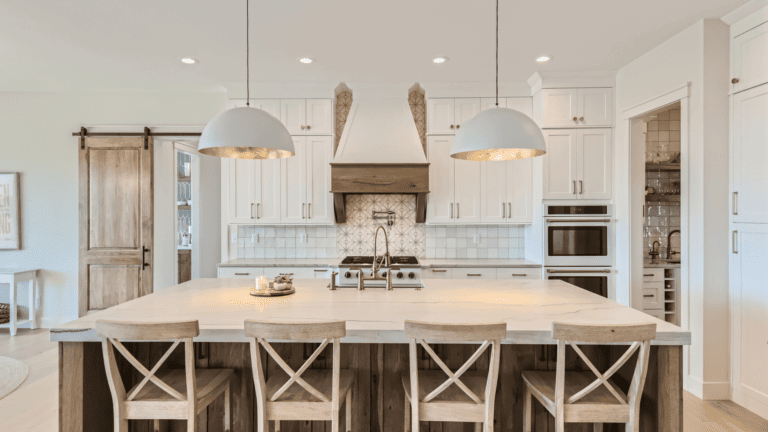To stage, or not to stage: that is the question.
Selling a home requires many key decisions, from marketing your listing effectively to negotiating for the best price. One decision that sellers often struggle with is whether or not to stage their home. Staging a home can be expensive and take time. It’s important to consider what works best for your home – ask yourself if staging your home can be a good return on investment.
Reasons to stage your home
There are several reasons sellers should choose to stage their homes:
- encourage potential buyers to picture their life in your listing
- sell your listing faster and often for more money
- tell a story with thoughtfully designed rooms
- stand out on online MLS
- help buyers conceptualize how to place their furniture in unique layouts
- stand out in a buyer’s market
Real estate photographers who take pictures of staged homes can truly capture the essence of the space.
Reasons to pass on traditional staging
While staging your listing attracts more buyers, there are also situations where staging your home may be unnecessary, such as:
- In a seller’s market, where buyers have fewer options; therefore, staging your home has little effect on ROI.
- If your home is already well-maintained and designed.
- If you need to get your listing on the market quickly.
Staging a home can cost several thousand dollars if done professionally. If you do not believe the offers will reflect the cost of staging, leave your home vacant.
While staged homes may photograph and show better, a great inexpensive option is virtual staging. Virtuance offers 4 different styles of Virtual Staging, starting at just $39 per image!
Tips for staging your home
There is no right or wrong answer on whether or not listings should be staged. It depends on many factors that are unique to each home. If you do choose to stage your listing, here are some tips to follow:
- Focus on the rooms that matter most – We suggest the living room, the kitchen, and the master bedroom. You don’t need to spend time or money staging the other bedrooms or office spaces.
- Remove clutter and personal items – Your goal is to have buyers visualize their lives in your home.
- Stay neutral – You want to please the largest number of buyers, choosing subtle design elements that most people enjoy.
- Don’t forget your front porch – The first thing buyers see as they walk up to your listing is your front porch/entry. Add potted plants, a new doormat, and a seasonal wreath to create a warm welcome.
- Hire a professional photographer – If you’re staging your home, use a professional real estate photographer. It would be a complete waste to stage your home and post mediocre images online.
So, to stage or not to stage? It depends. When deciding whether or not to stage, remember to look at the pros and cons, research the current market, and crunch your ROI numbers.
A great alternative to traditional staging is virtual staging to give buyers a better depiction of what life would be like in your listing! Traditional staging can get expensive quickly. With virtual staging, you accomplish the same goal and quality at a lower cost!
Trust Virtuance to virtually stage your photos
If you want to go above and beyond with your real estate photos, consider Virtuance for Virtual Staging. Adding virtual staging gives buyers a better depiction of what life would be like in your listing! We offer 4 different styles including Traditional, Contemporary, Scandinavian, and Farmhouse; starting at just $39 per image!
FAQ
Staging a listing is important as it helps potential buyers visualize the space’s potential and functionality. It creates an emotional connection, making the property more appealing and increasing the chances of a quicker sale at a higher price.
Staging positively impacts the selling process by showcasing a property’s best features, optimizing its layout, and making it feel more inviting. Staged homes often photograph better and stand out in online listings, attracting more potential buyers and generating greater interest.
Yes, staging can have a significant impact on the final sale price of a property. Properly staged homes often sell for higher prices than unstaged ones. By showcasing the property’s potential and helping buyers envision themselves living there, staging justifies a higher asking price and can lead to competitive offers.







